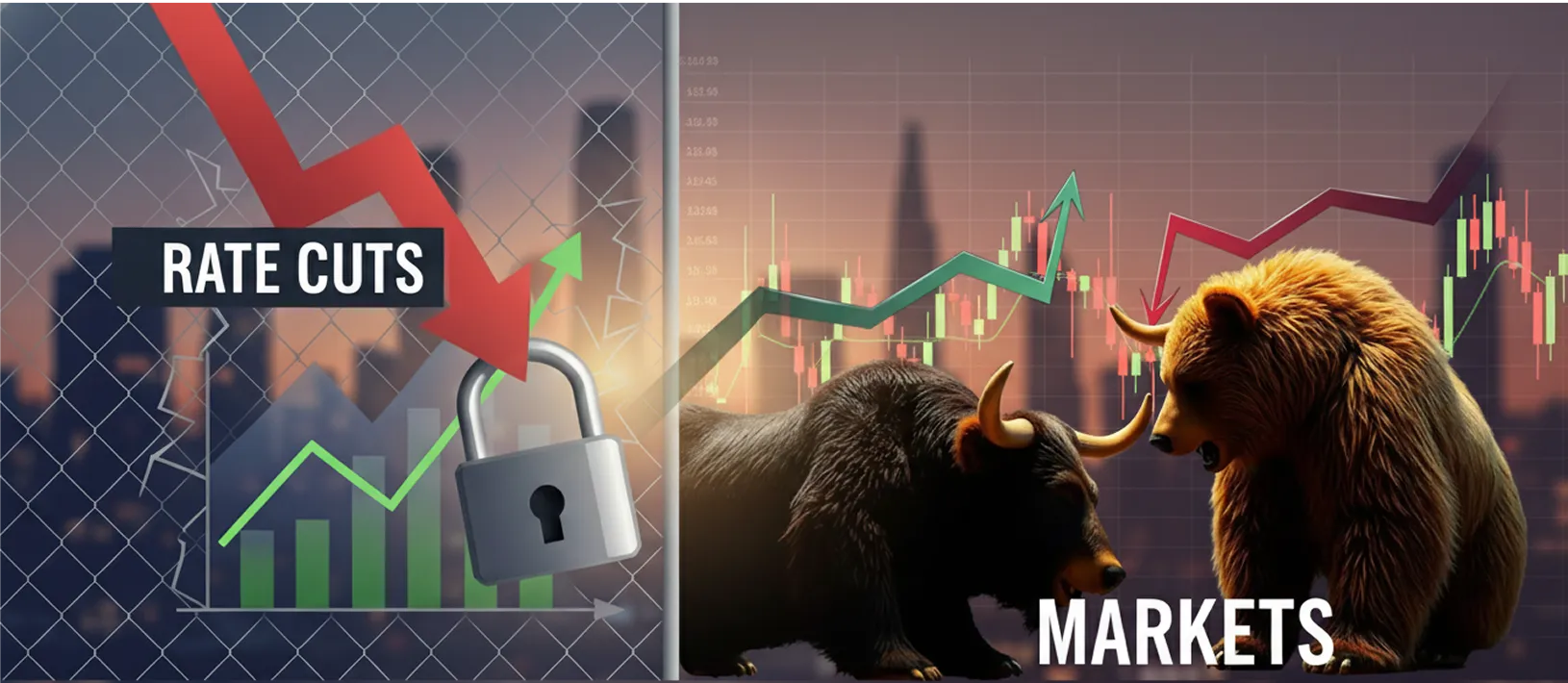“Risk comes from not knowing what you’re doing.”
- (Legendary Investor) Warren Buffett
When we hear the word ‘Risk’ in the context of finance, in all probability, you will start thinking about markets falling and stock prices collapsing. But today we want to offer you a deeper perspective. We propose that you (also) think of Risk as ‘Lacking understanding about the purpose and context of financial decisions’. When we don’t appreciate the ‘Why’ behind financial decisions taken, it in turn can lead to wrong expectations and detrimental actions.
Here are a few examples (hope all or at least a few will surely resonate with you!)
~ The act of saving some money as ‘emergency funds’ might look like a sub-optimal choice for your money…
But these same emergency funds can be your savior in exactly the moments it was destined to-Emergencies. They would ensure you hopefully don’t have to sell off your long-term investments ‘cheaply’ or in a ‘distress sale’.
~ An insurance policy (say a Term Insurance or Health Policy) might not yield returns and even be looked upon as a source of pain (paying premiums for ‘just a possibility’!)…
But these same Insurance policies become a source of some surety, dignity and confidence in times of crisis.
~ An investment in ‘conservative’ avenues like fixed income alternatives might look like a dull idea thinking that it may only give humble returns and may not even beat inflation every year…
But this ‘conservative investment’ will provide relative stability, predictability for your short(er) term needs and provide a cushion to your long-term portfolios too.
~ An investment in ‘aggressive’ avenues like equities look like the road to riches, bearing potential to beat inflation handsomely and making you wealthy…
But in the short to medium term, this ‘aggressive investment’ can go through severe patches of volatility and price corrections. In fact, if you are rash and irresponsible, you may even lose your entire capital on wrong punts taken. Thus, before thinking about ‘Investment Strategy’, develop or remind yourself about ‘Investment Maturity’. As the great philosopher Friedrich Nietzsche said: “He who has a WHY to live can bear almost any HOW”. Do not think of every financial decision as a means of wealth maximization. Every financial product will offer some pros and cons, some advantages and disadvantages, some strengths and weaknesses.
Thus, understand and respect their characteristics and benefits. The eventual actionable is to assemble them into a cohesive portfolio, where every component has a specific role to play.
We would like to end by paraphrasing Simon Sinek: Always start with WHY…even when it comes to financial decisions!
.png)











.svg)
.webp)
.svg)
.svg)
.svg)
.svg)